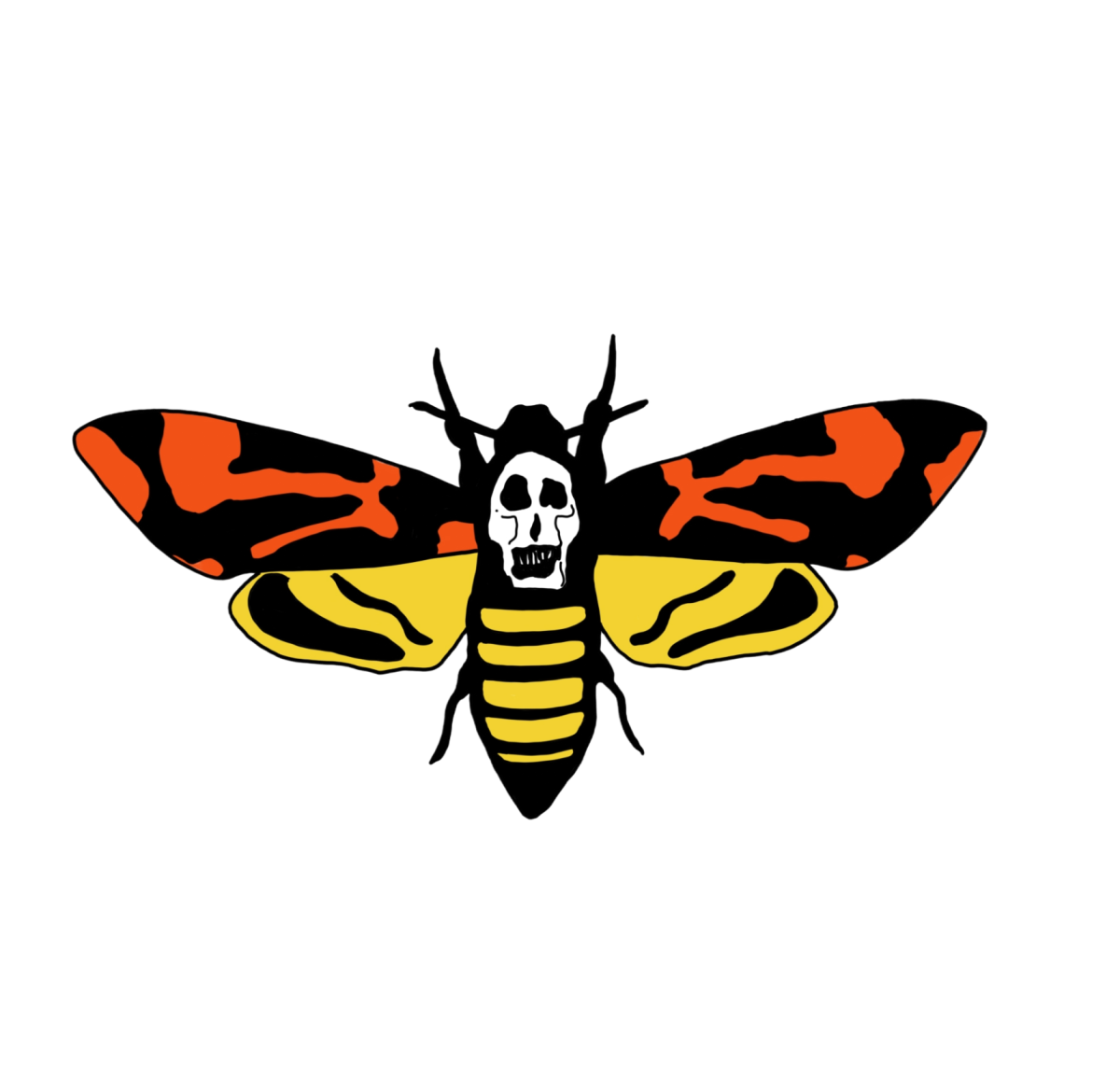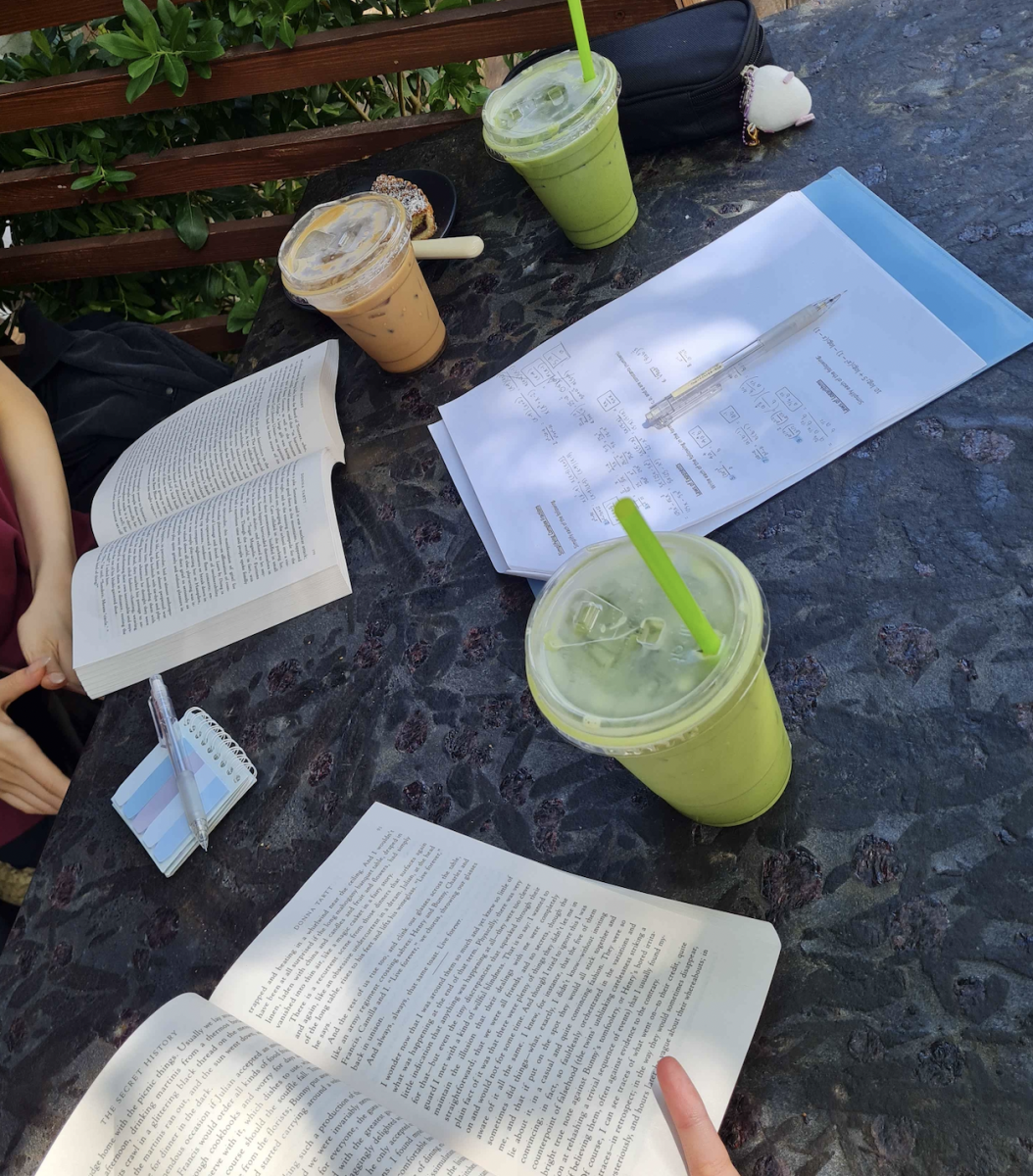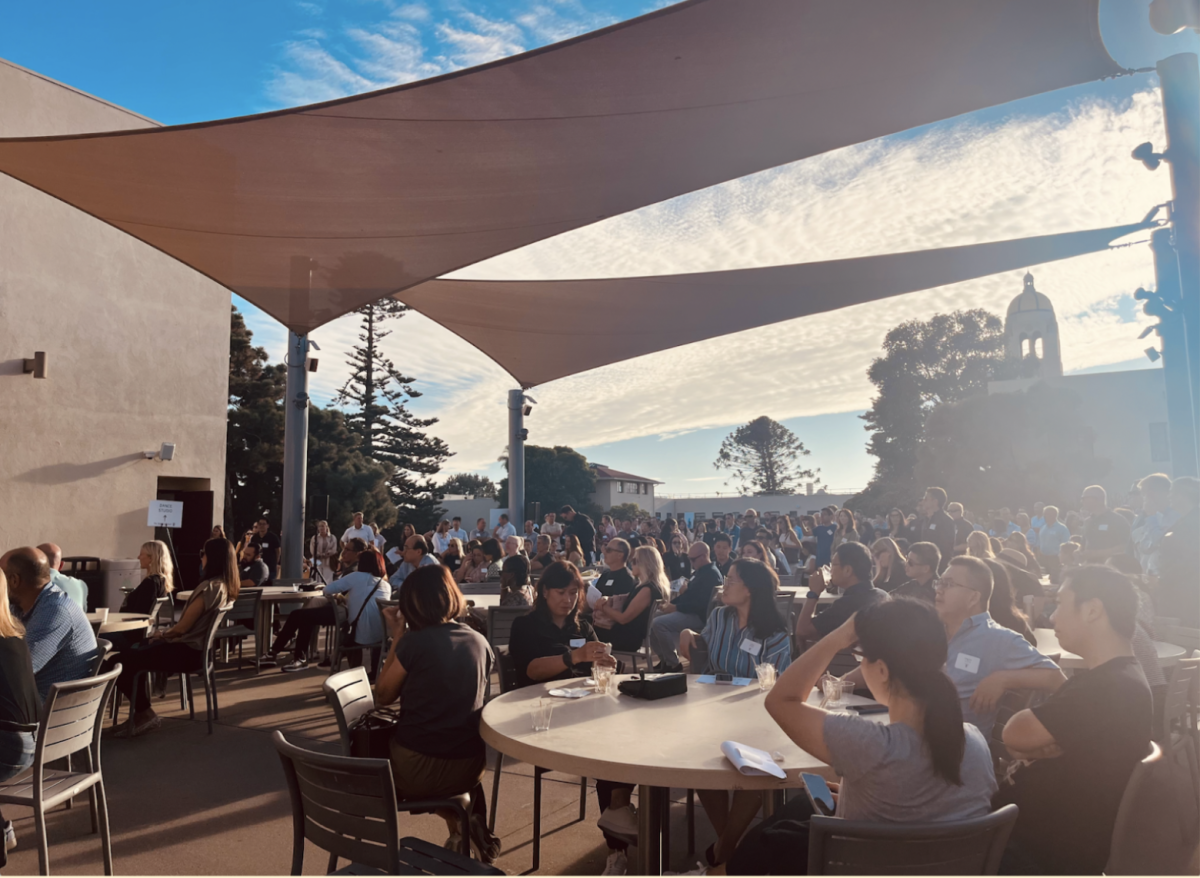Why do people tell ghost stories while camping? Why do we play video games like Resident Evil and The Last of Us? Why are haunted houses even profitable? All this can be summed up in one question: why do we love being scared?
Horror movies are a perfect example of this phenomenon. According to NBC, “the horror genre accounted for around $700 million in domestic ticket sales” in 2022; and yet, they still remain a divisive subject, with some people loving them while others can’t stand them. So what exactly makes horror movies so enjoyable?
According to Jackson Weisser (‘26), “a horror movie is any form of media that seeks to generate some factor of fear within somebody.” This can include anything from “jump scares [to] some low music that makes you think something is going to happen.” The New York Times says it sometimes comes down to intent: if the goal of the film is to unsettle or disturb the viewer, it could be classified as a horror movie.
Jack Rudy (‘26) acknowledged that defining the genre is difficult, as there are so many types of horror. He believes that a horror movie “contains an eerie or suspenseful feeling throughout and usually puts the character in high stakes situations [with] a more subtle tensity than an action movie.” In general, he concluded, it is “a movie that scares you or disturbs you, overall making you feel off somehow.”
It seems counterintuitive to watch something that is meant to scare us, even for fans of horror themselves. Jackson admitted, “I feel like I should hate them because all they try to do is scare you which is not a positive emotion you would expect any person to want to feel.” And yet, many people do seem to want to be scared.
Jackson did not always enjoy horror movies. In fact, he recalled that “When I was five or so I watched one episode of Goosebumps and was practically mortified of anything that was a part of the horror genre after.” But now he loves it — so what changed?
“I didn’t really get into horror movies until after I started reading horror books,” Jackson said, explaining that reading allowed him “to decide how scary the situation actually was.” And once he was done reading books such as It and The Shining, he “decided to just suck it up and watch the movies.” For him, it was the good writing that made the horror aspect worth it.
Jack agreed that good stories are what make horror movies great. “I think most people view them as shallow movies just focused on killing people for fun, but they’re much more than that,” he said. Aside from some movie franchises such as Saw that are practically all gore, “most are trying to use the high stakes and elevated reality to demonstrate themes like any other movie,” and it is these themes that make them worth watching. They help us grapple with ideas of revenge (The Menu), the unknown (The Blair Witch Project), and human nature (Dr. Jekyll and Mr. Hyde), among many others.
But aside from the artistic aspect of horror movies, there is also entertainment value in these films. Jack said that, in addition to appreciating the messages, “I also love the feeling of being at the edge of my seat while not being at any risk.”
This is linked to a phenomenon explained by Director of Counseling Ms. Megan Broderick: “People, especially young people, seek risky behaviors because it’s exciting to do something that pushes the envelope.” School Counselor Ms. Lauren Gray also noted that “love and hate live right next to each other,” which can explain why we can enjoy fear, which is not usually regarded as a positive emotion.
There is also a scientific explanation for a love of horror movies. According to the Washington Post, “our endocrine system releases adrenaline, noradrenaline and cortisol to help prepare our body for physical action.” This adrenaline rush can produce an elevated mood, which is why many people enjoy roller coasters, haunted houses, or horror movies. This also gives us the feeling of being scared without the actual risk of something bad happening, which is what many people enjoy.
But those aren’t the only hormones activated by fear. According to Ms. Gray, “storytelling activates your adrenaline and your cortisol but also your oxytocin, which is the love hormone that drives connection and your desire to support people.”
Ms. Gray believes true crime is a good example of this, even though the genre is somewhat separate from horror. “True crime tells a whole story, and the scary part is just a part of the story. [For horror movies] the scary thing is the whole crux of it.” In both cases, the stories can be the reason we watch.
Some people also watch horror movies in order to face their fears. Jackson described It as “an actually scary movie that challenged my fear of clowns,” but now describes it as one of his favorite horror movies.
Horror movies can also have longer-lasting effects than an adrenaline rush. Jack said that he is usually fine watching them because he knows it’s not real, but there are some exceptions. “The Shining and The Witch left me very jumpy and disturbed,” he said. “A lot of people probably think they’re not super scary, but psychological movies can really get to you.” Jackson commented, “there is a moment after watching where I feel like I need to check around every corner and should never be in the dark. That feeling in the pit of your stomach when you feel something is wrong just looks there.” However, this feeling is short lived and “it never takes me more than a couple hours to get over it.”
Whether you love, hate, or are simply indifferent to them, horror movies seem to be here to stay. The horror film industry has gone through countless eras — occult movies about the supernatural, slashers where a group of people is stalked and murdered, and “creature features” about werewolves and vampires, to name a few — and we’re sure to go through many more in the years to come.








